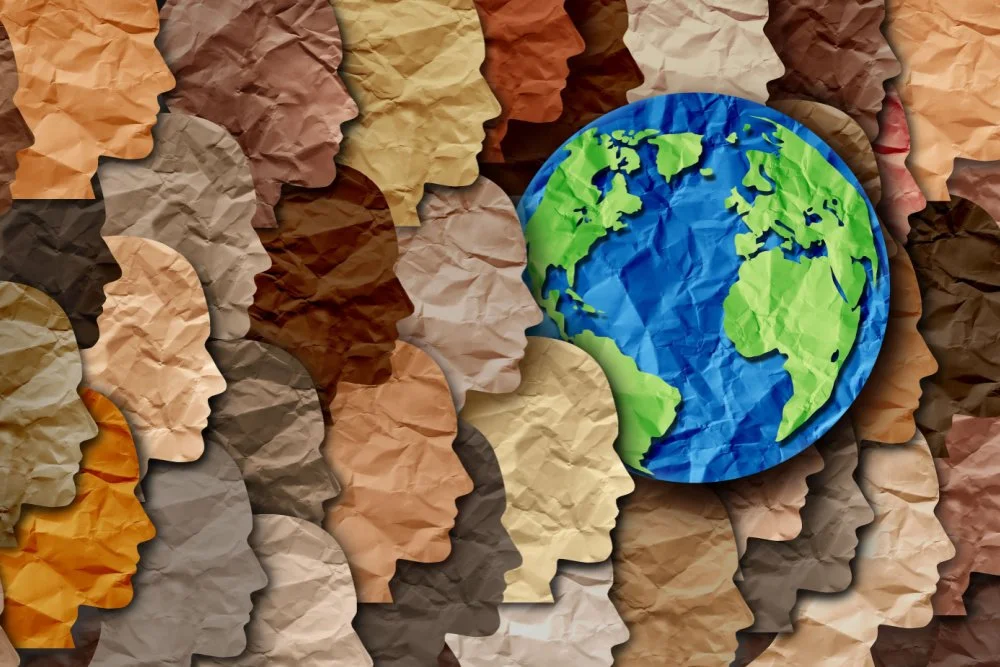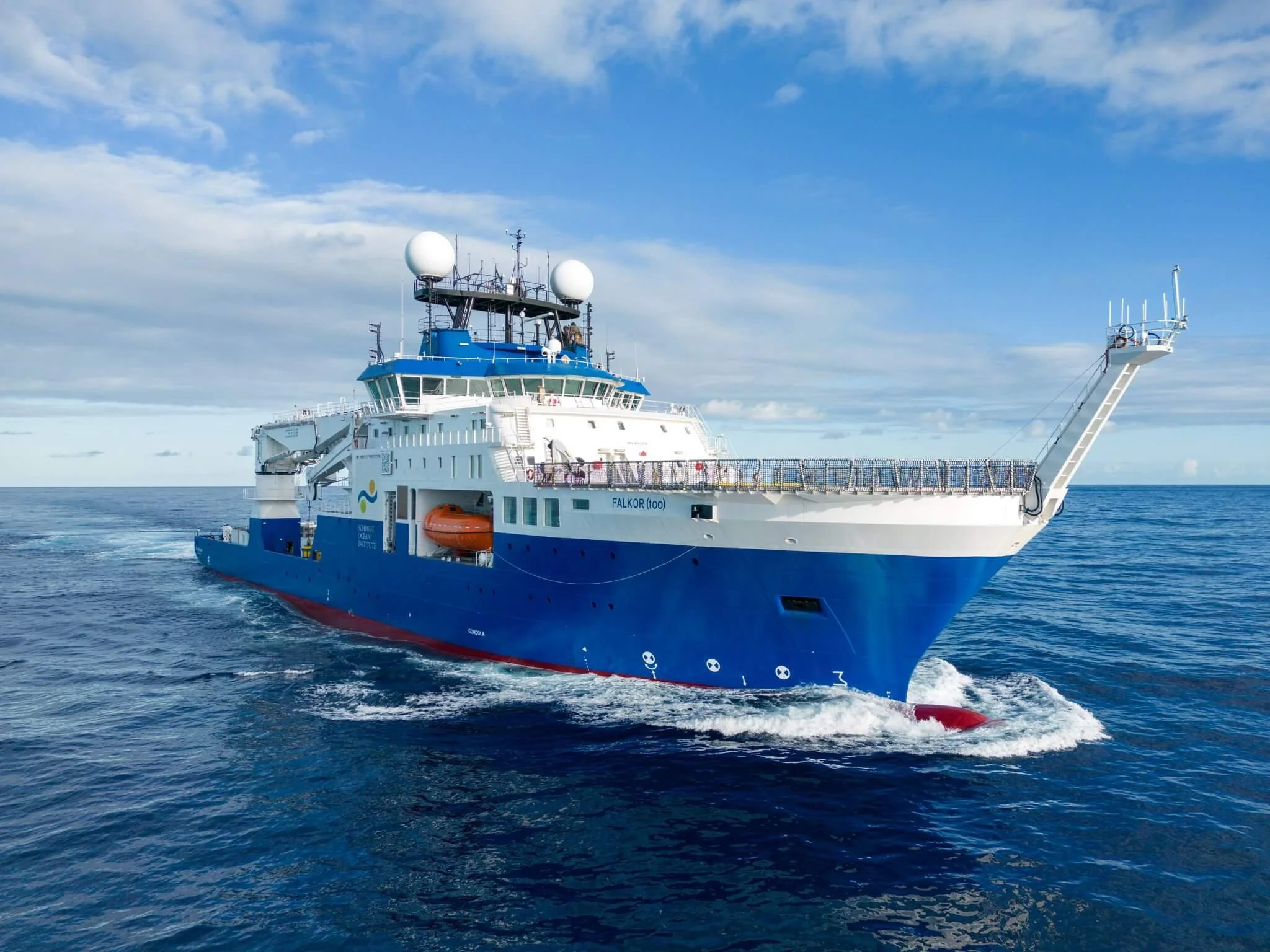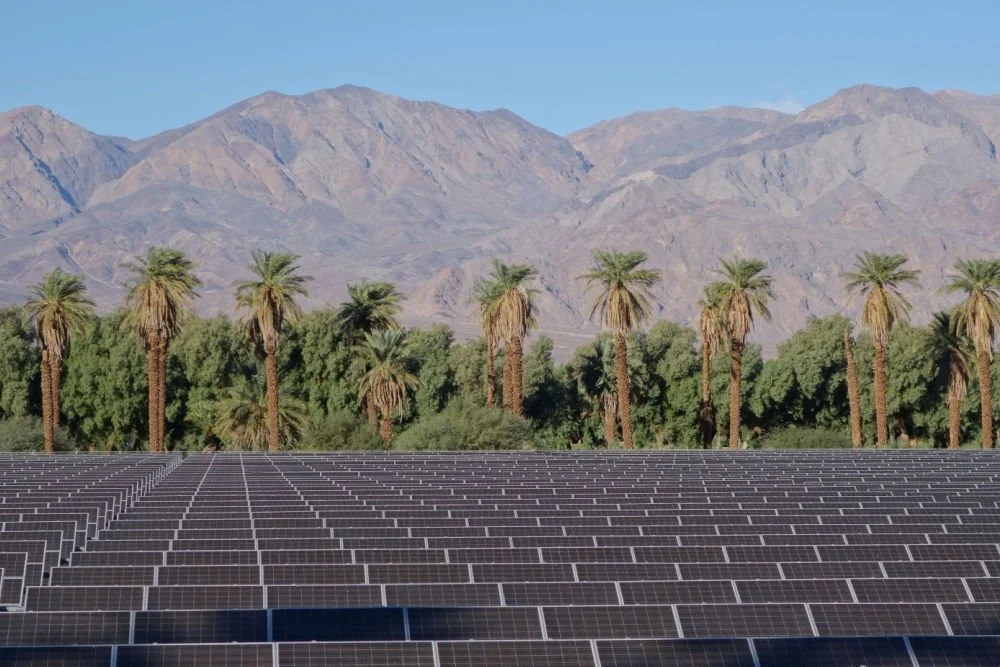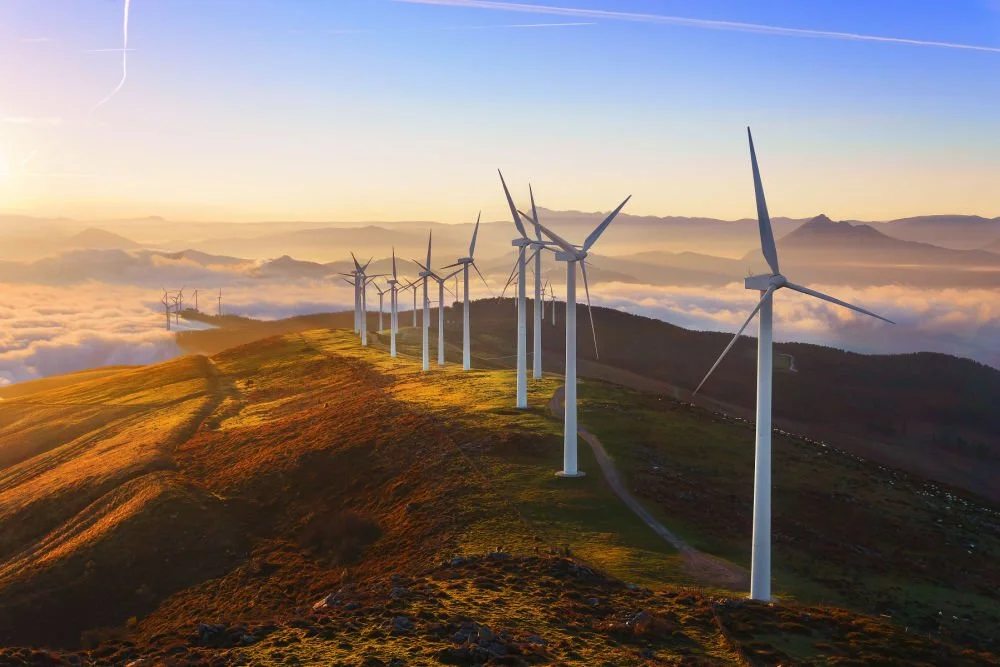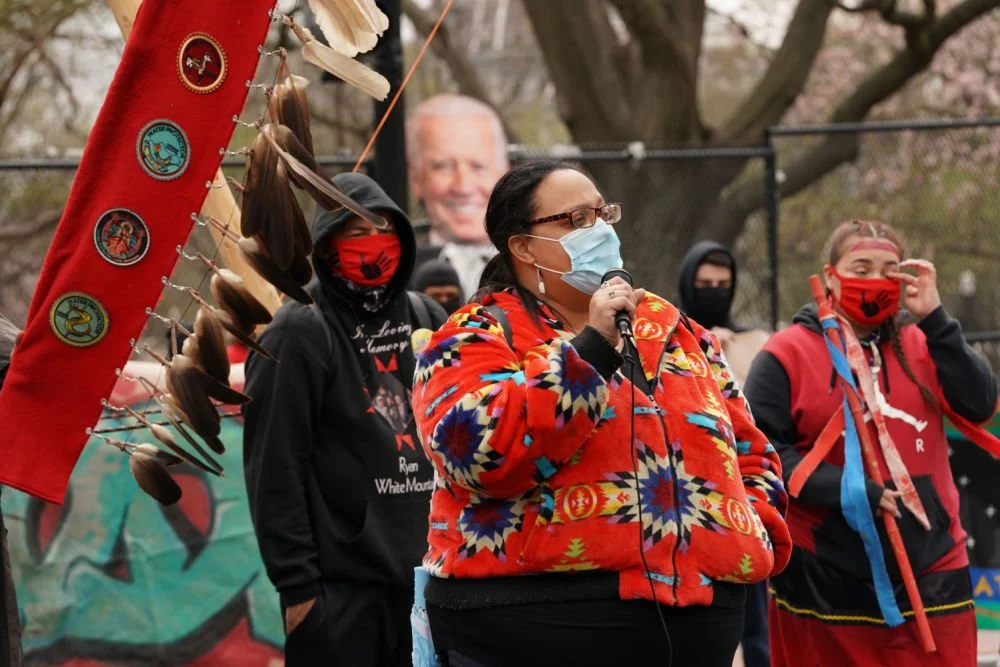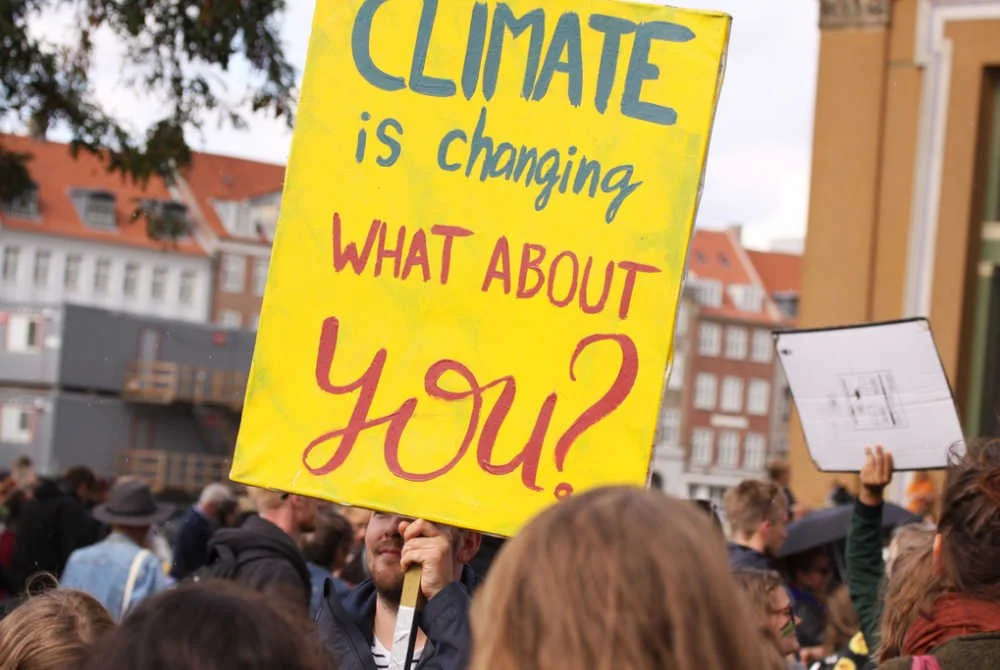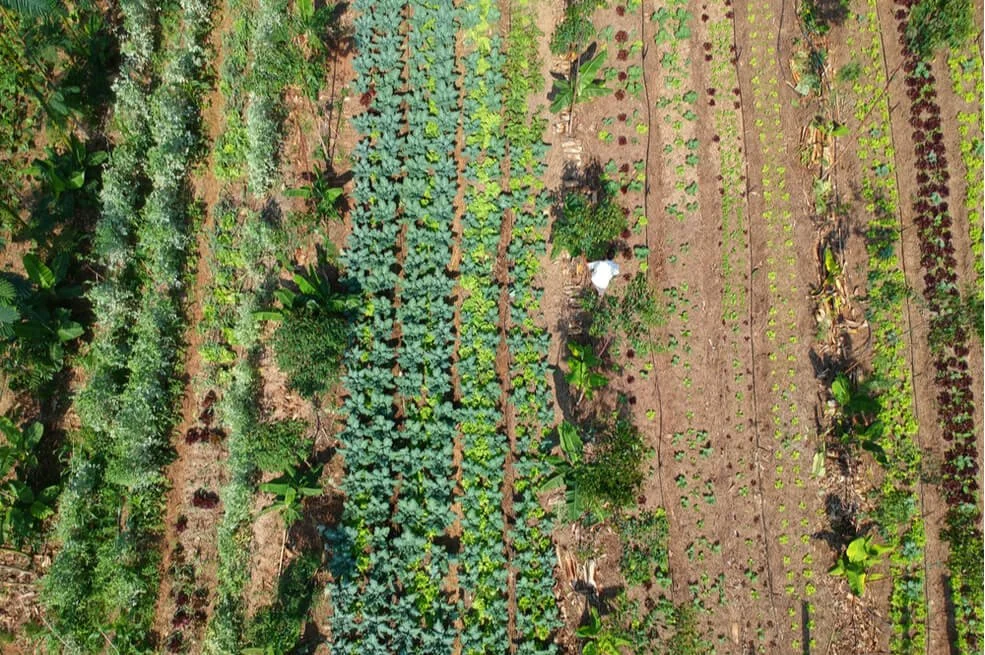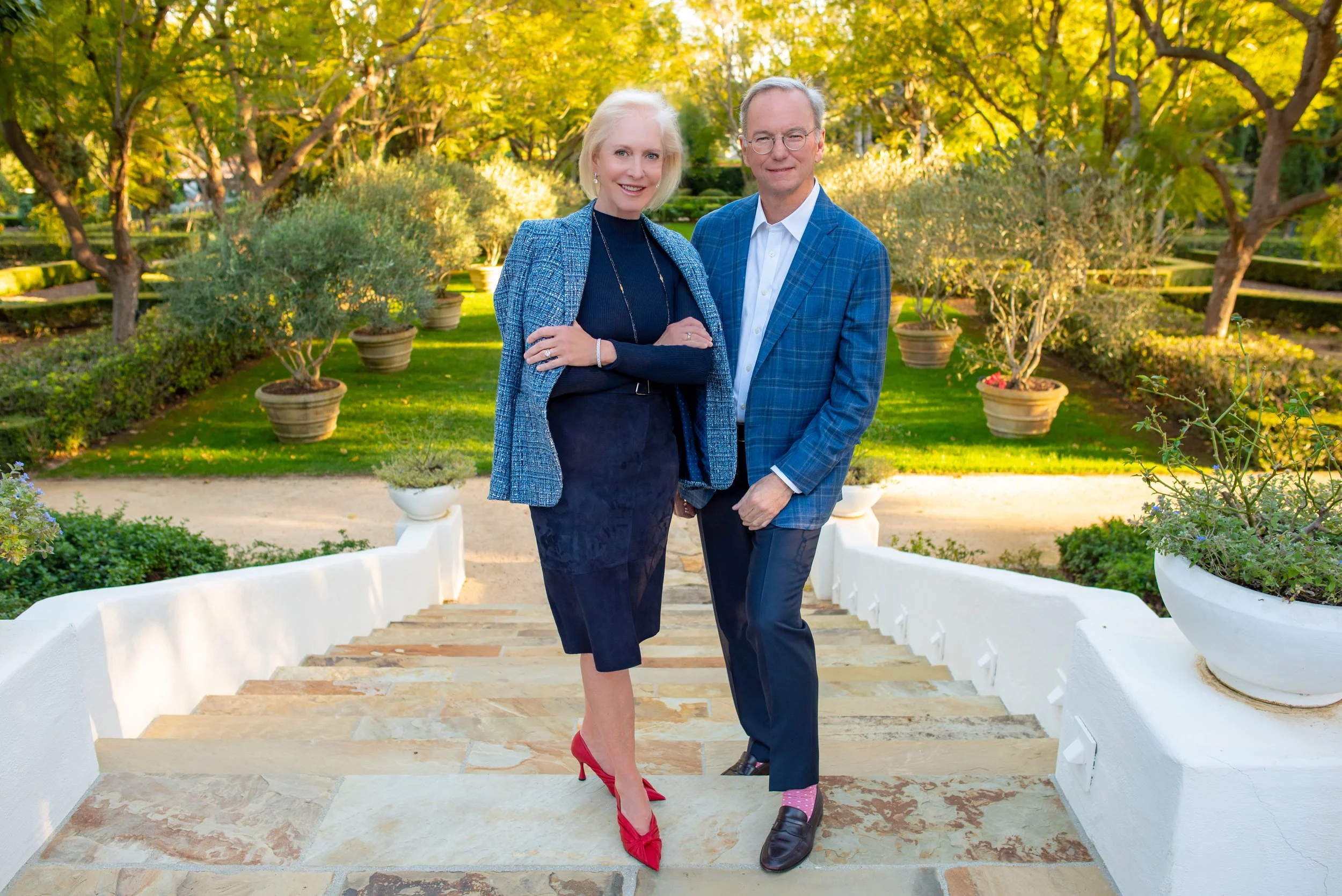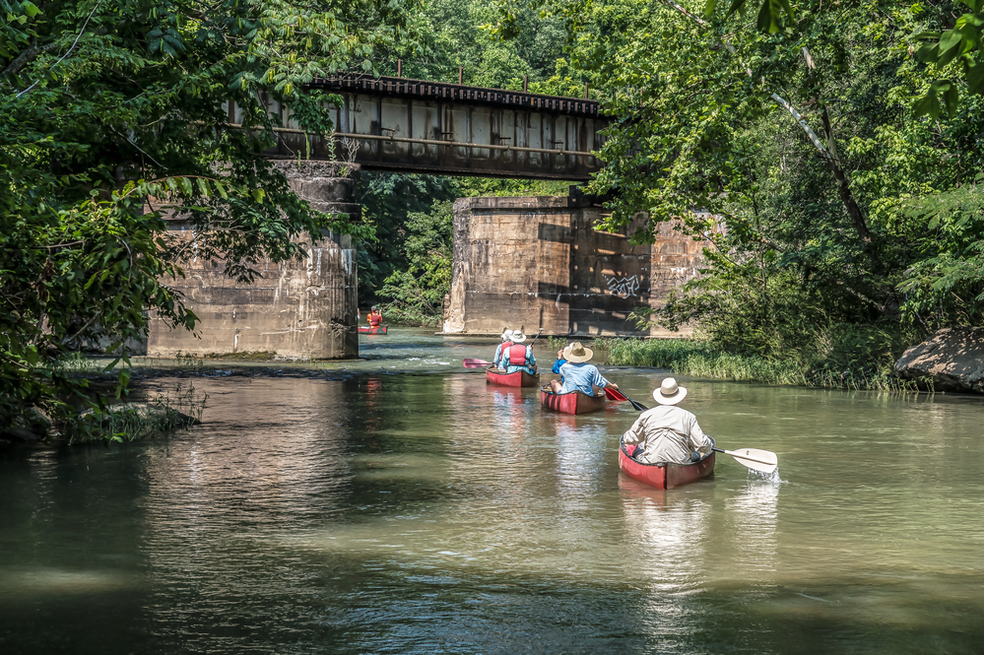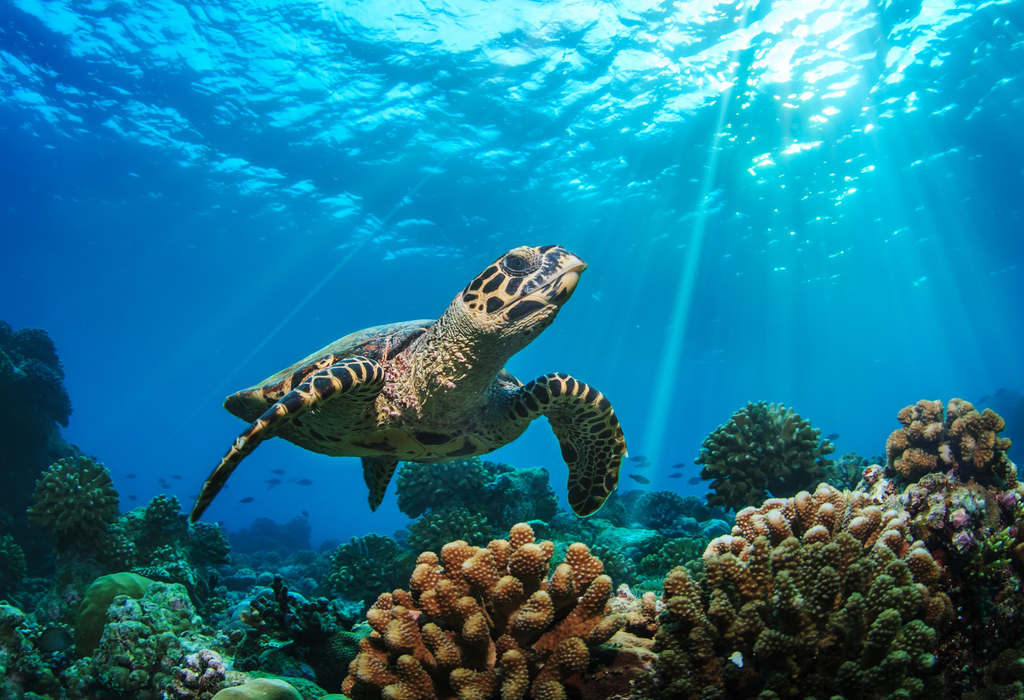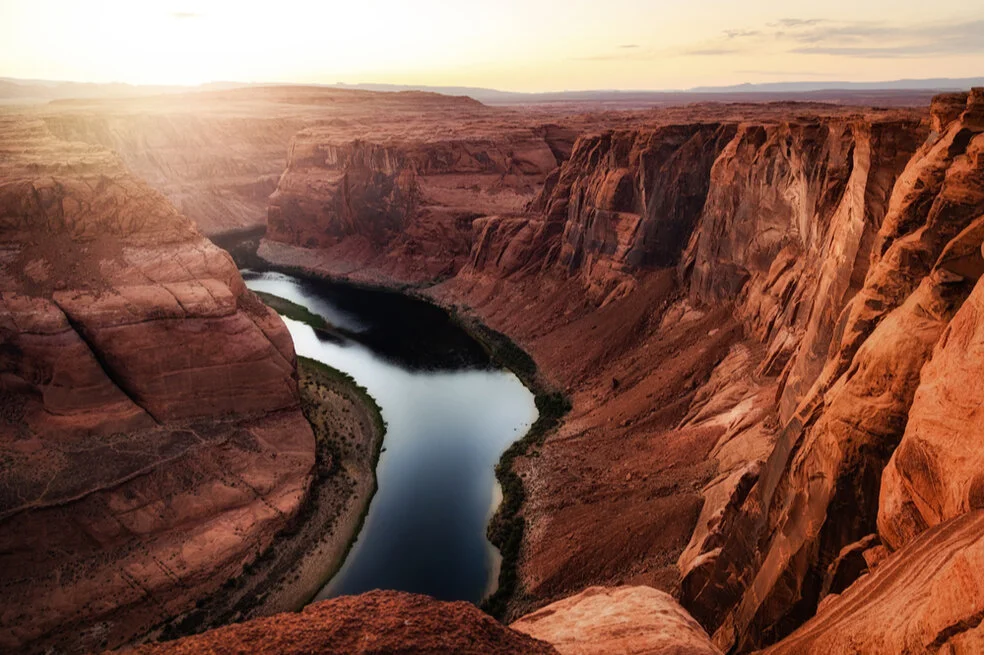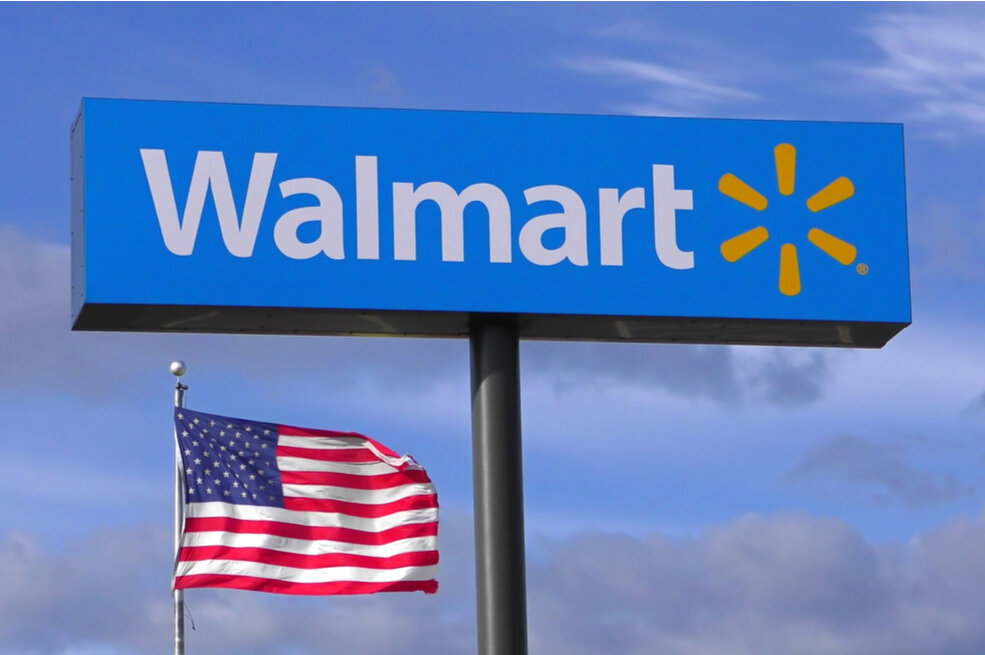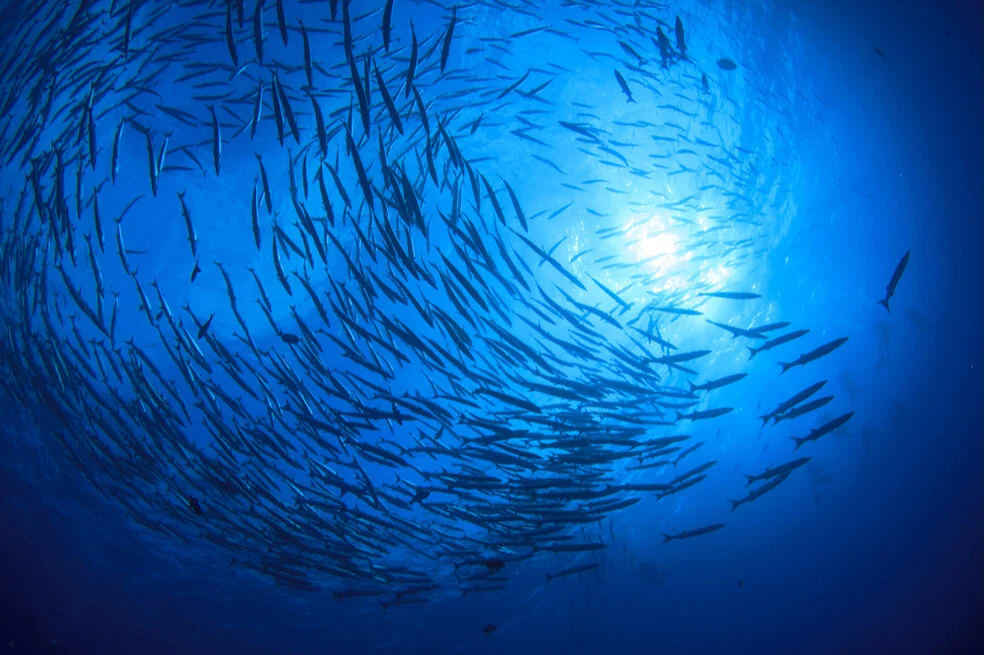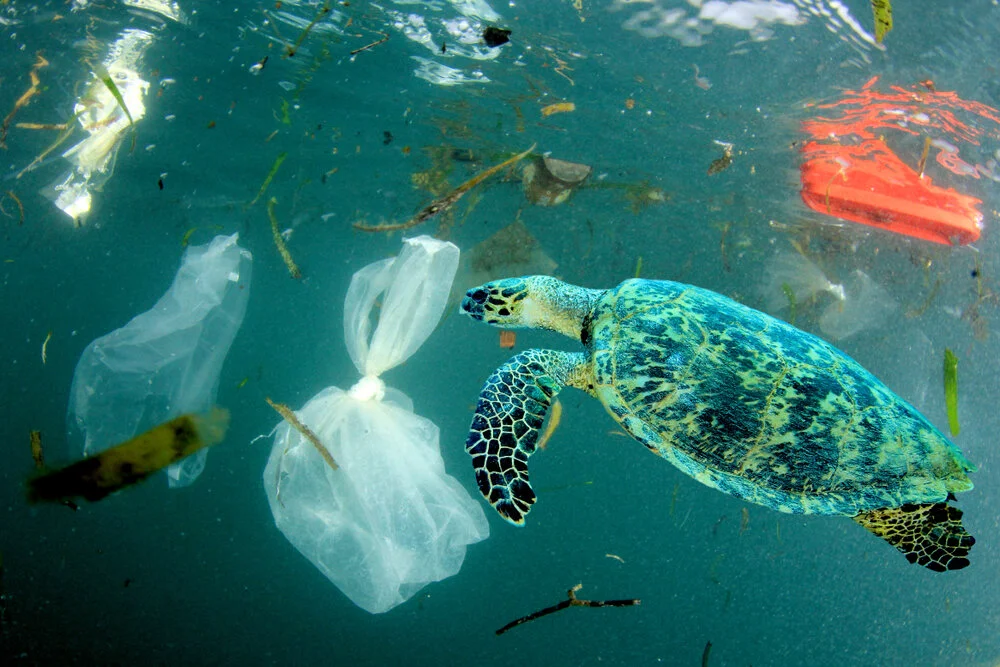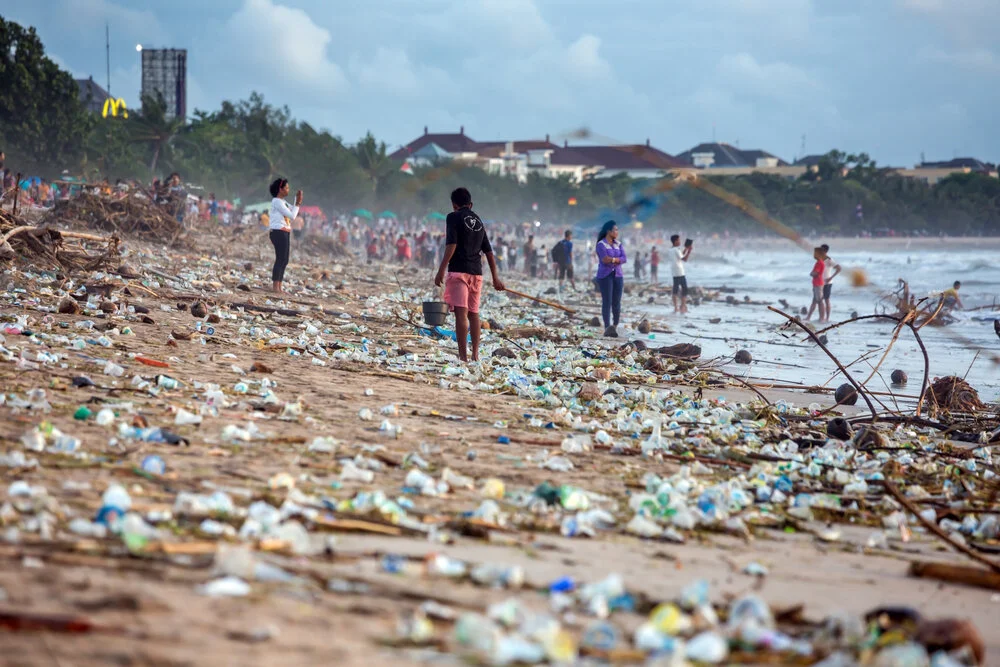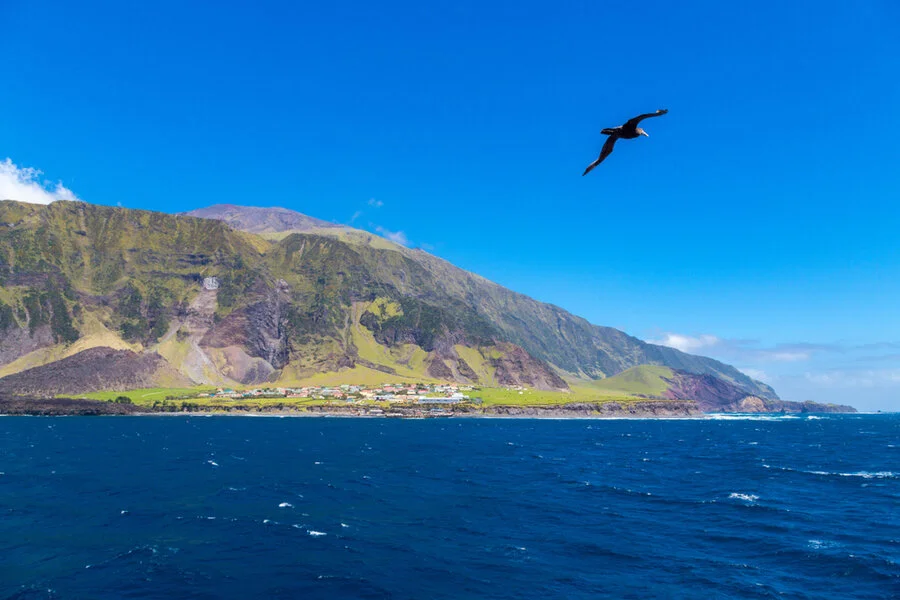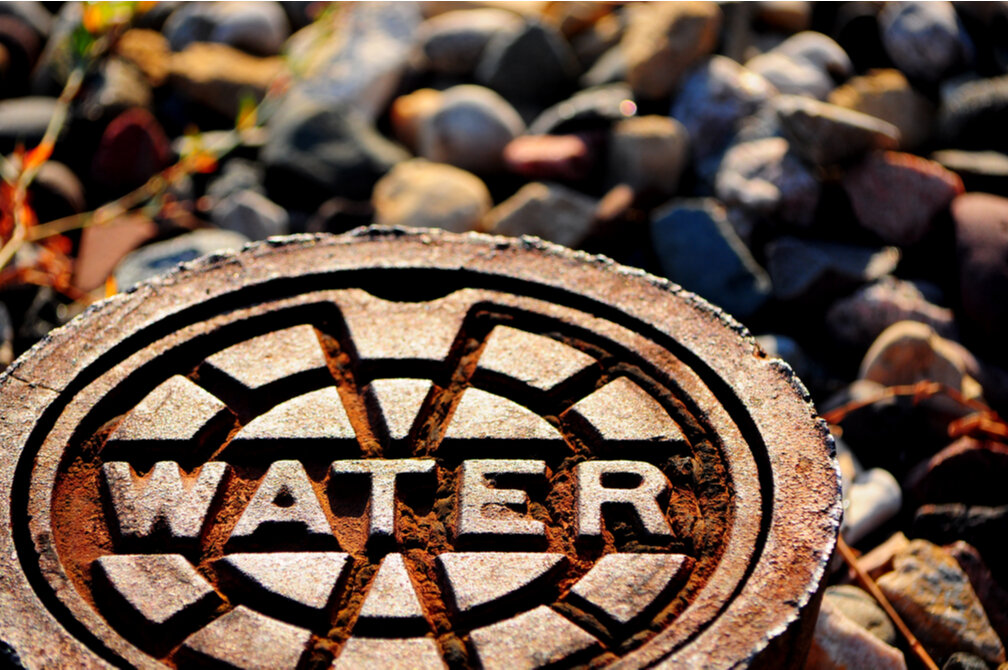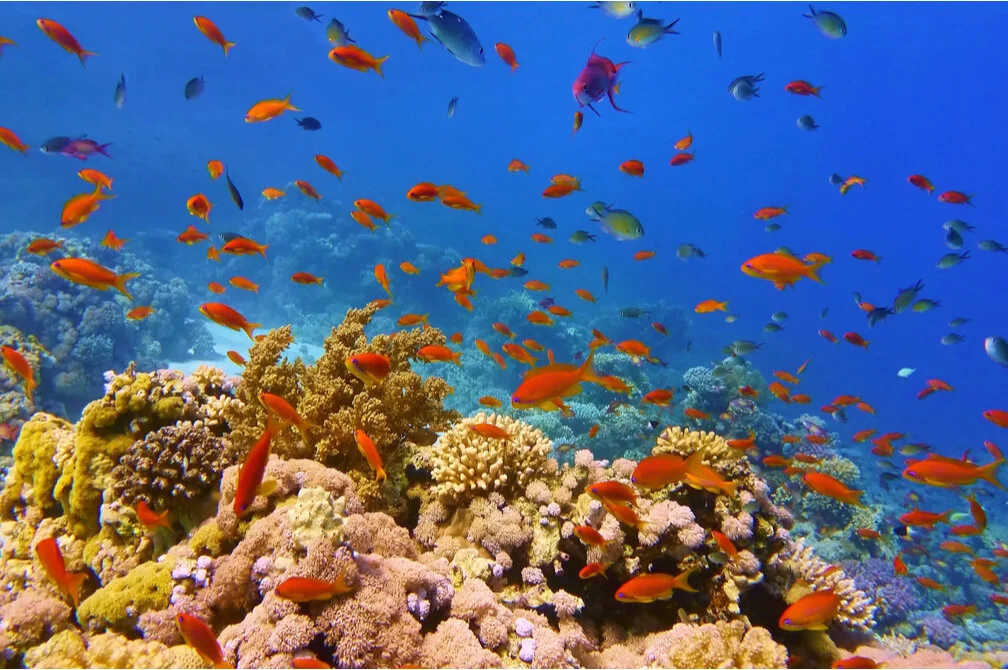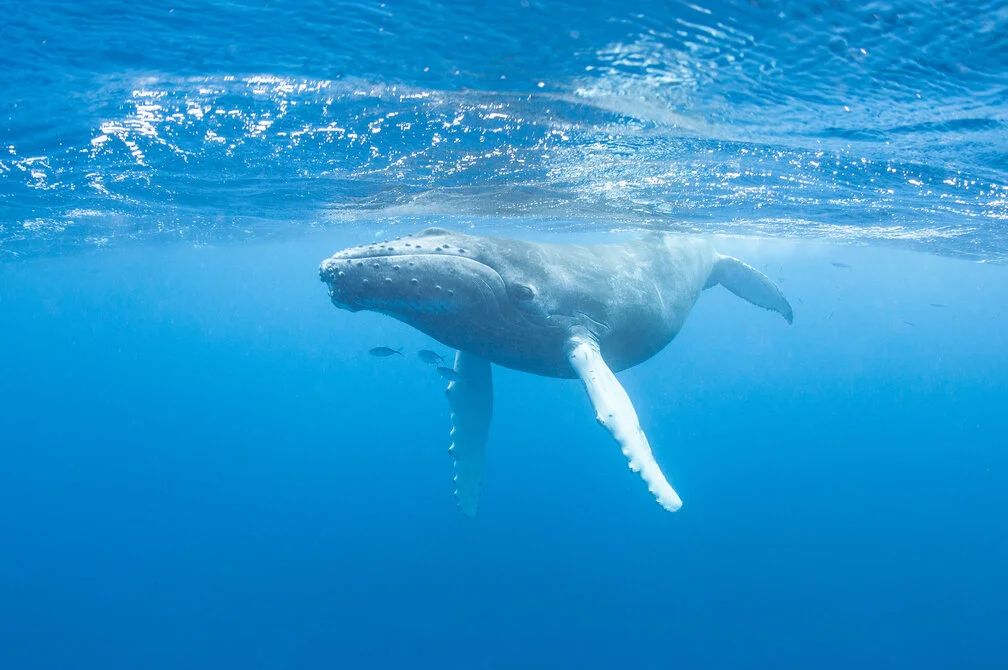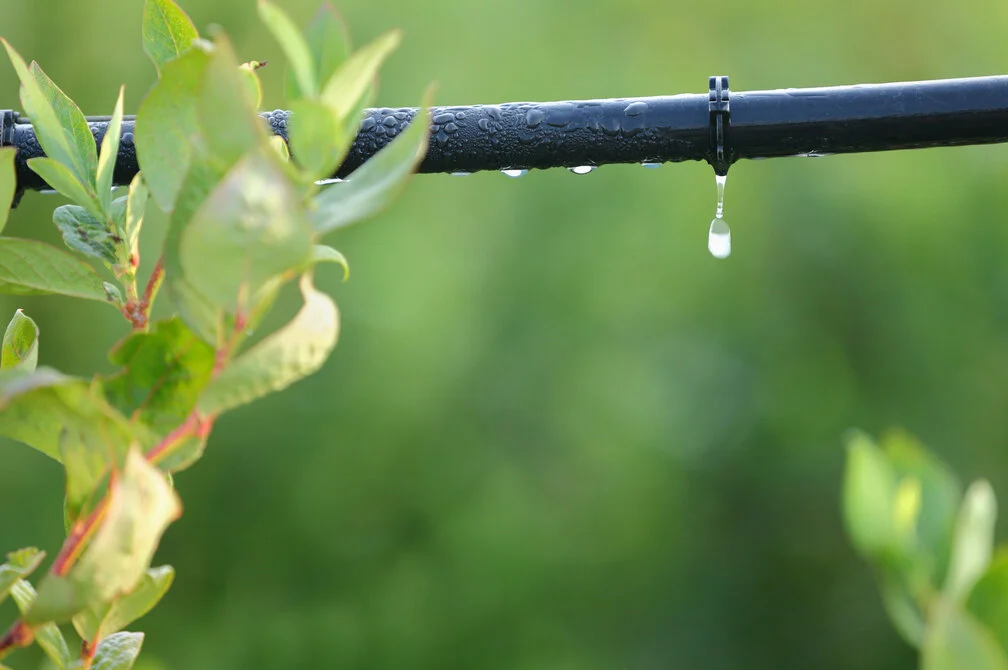Behind a Search for Breakthrough Ideas to Capture River Plastic Before It Reaches the Ocean
/Vladimir Gjorgiev/shutterstock
An estimated 8 million tons of plastic enter the ocean each year. As plastic becomes part of oceanic food chains and the Earth’s water cycle, organisms die off and particles contaminate rain, tap water, food and human bodily waste. The severity of this problem is now more widely recognized, and some companies, states and countries are adjusting plastic regulations. The vast majority of plastic waste comes from sources on land washed into oceans by rivers. A new funding collaboration between the Benioff Ocean Initiative (BOI) and the Coca Cola Foundation aims to “turn off the tap” of river plastic.
Over the past few years, more philanthropies and philanthropists have addressed plastic pollution, including the Oak Foundation, Ellen MacArthur Foundation, Leonardo DiCaprio Foundation, MAVA Foundation and Wendy Schmidt, and the Schmidt Ocean Institute. The Ellen MacArthur Foundation’s circular economy programming, which seeks to reduce waste systemically, is backed by Google, Nike, Philips, Unilever and other major corporations. Schmidt and the Ellen MacArthur Foundation created the New Plastics Economy initiative and prize a few years ago with core partners including some of the biggest makers of single-use plastics, including Danone, PepsiCo and Coca-Cola.
In partnership with BOI, Coke is now making another investment in curbing the plastic pollution it also creates. Giving Pledge signatories Marc and Lynne Benioff launched the UC Santa Barbara-based BOI in 2016. It asks the public to submit ocean problems, selects issues, and puts out a call for ocean experts to conduct related research. It then funds chosen science- and tech-driven solutions.
The new $3 million funding commitment from BOI and Coca Cola centers on finding an interdisciplinary team that can create an effective plastic waste capture system in a river. Existing examples of these systems use manual collection, boats, nets, sea bins and booms. A famous ocean-faring invention is The Ocean Cleanup’s plastic collection device. The initiative also calls for a communications campaign that will ideally translate the project into greater changes in local society and policy. Coca Cola and BOI will each contribute $1.5 million to fund this project.
Finding the Right River Plastic Clean-Up Team and Project
Douglas McCauley, BOI director and an associate professor of marine science at UC Santa Barbara, tells Inside Philanthropy that the chosen plastics clean-up team must be interdisciplinary because “rivers are complex.” He says a successful approach will include environmental scientists and engineers with experience in river systems, “local partners that know what matters to any particular community and place, and communications specialists to share the story of the plastic captured in the river to help slow the long-term flow of plastic into rivers and on to the ocean.”
Local buy-in will be key. “People that drink, fish and swim in their own river obviously don't like seeing plastic in their river,” he says. And the largest influxes of river plastic correlate with urban areas. McCauley says choosing an intervention near a larger community will help to catch more plastic and bring more people and useful data to play in the larger sea-change the initiative hopes to engender.
In a related white paper, BOI cites Baltimore’s multi-sector Waterfront Partnership as an example of a successful plastics intervention program. Since its inception around 2011, the initiative has included two harbor waterwheels that collect trash and draw attention. It has launched public education campaigns, conducted pollution surveillance, identified faulty sewers, and advanced new policies that ban some single-use plastics.
BOI emphasizes that gathering up plastic is not enough—systemic changes in plastic production, recycling and reuse must be the priority. This is why the funding initiative requires the communications component to spur broader local change. Proposals for the creation of a river plastic waste capture system and media campaign are due July 12, 2019.
The Plastic Maker That Funds Efforts to Contain Plastic
The Coca Cola Foundation has given out more than $1 billion worldwide since it launched in 1984. Its main priorities are empowering women, protecting the environment—particularly in relation to clean water—water conservation and recycling, and education, youth development and other kinds of community programming.
In 2016, consumers bought 480 billion plastic bottles, and Coca-Cola made 110 billion of them, CNBC reports. Less than 50 percent of the bottles were collected for recycling. Unsurprisingly, Coca Cola’s work on plastic pollution solutions has drawn scrutiny. For example, even after Coke joined the New Plastics Economy program, Greenpeace published a report in 2017 on the company’s lack of meaningful action to reduce pollution, including its increased use of throwaway plastic bottles over the previous decade, and its history of lobbying against efforts to curb this waste. It called on Coke to increase its efforts to reduce, reuse and recycle significantly, and to “disclose the types and amount of plastic used, reused and recycled.”
In 2018, Coca Cola launched a World Without Waste program. One goal is to “help collect and recycle the equivalent of every bottle and can we sell globally by 2030.” It also intends to make its packaging 100 percent recyclable by 2025 and to use 50 percent recycled content in “primary packaging” by 2030. Coca Cola’s 2017 Sustainability Report shares that it refilled or “helped recover and recycle” bottles and cans equal to about 59 percent of those it released.
In regard to teaming up with a big plastics manufacturer, McCauley says, “We carefully considered the Coca-Cola Company, and found [it] is truly committed to helping to improve ocean health. Their ambitious World Without Waste vision sets out the work they are doing to help reduce plastic waste.” He also says the BOI team is “proud to be working with [Coca-Cola]” on this project and recognizes “we cannot solve the challenges facing our oceans alone.”


